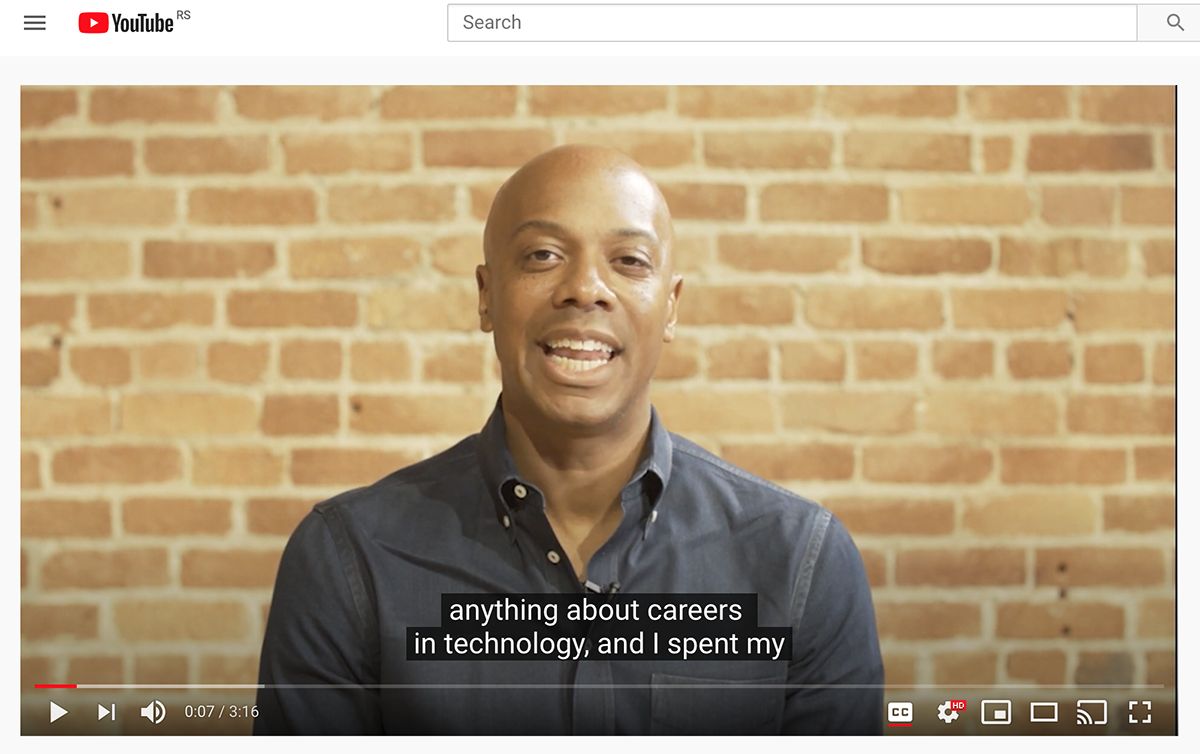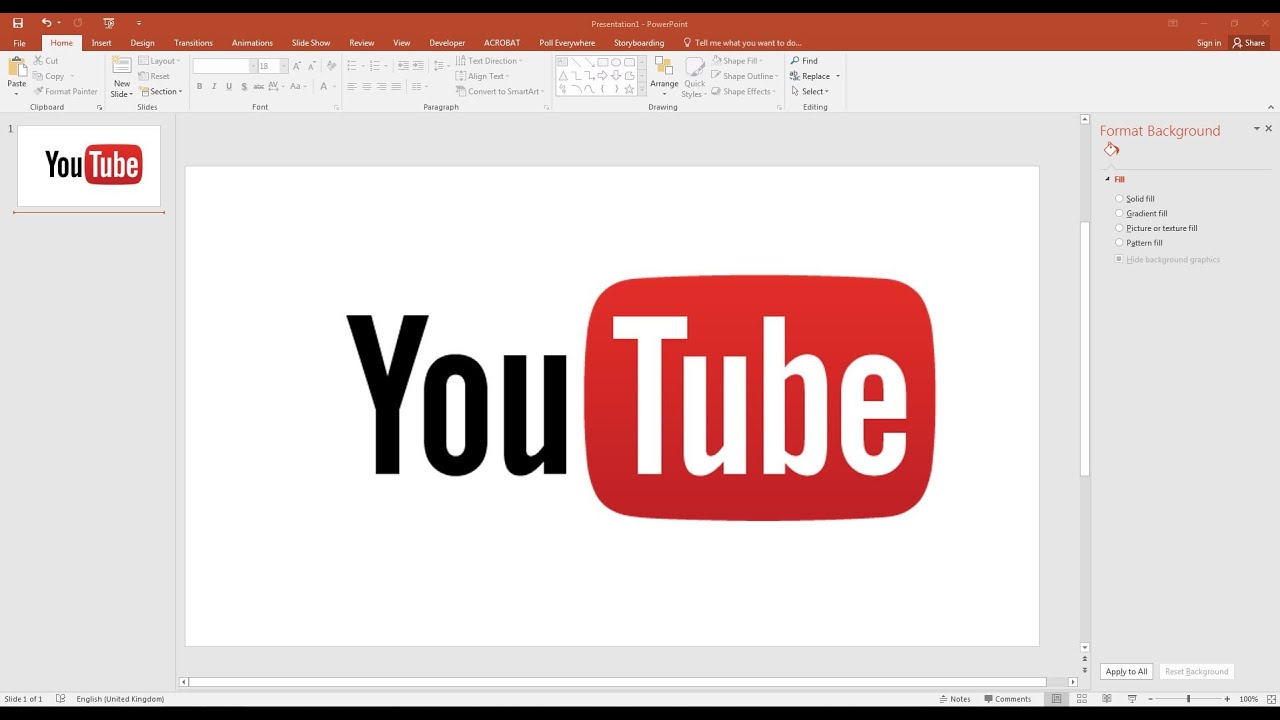YouTube has unveiled a new feature aimed at making it easier for users to access reliable and potentially life-saving information on basic first aid and emergency care. The platform has introduced First Aid Information Shelves that will prominently appear at the top of search results. These shelves will curate videos from reputable health organizations such as Mass General Brigham, offering easy-to-follow instructions for various acute health topics.
Key Takeaway
YouTube has introduced First Aid Information Shelves to provide easy access to credible videos on emergency care, aiming to combat medical misinformation and increase public access to essential health resources.
Enhanced Search Experience
The First Aid Information Shelves will cover a range of critical health topics, including CPR, choking/Heimlich, bleeding, heart attack, stroke, seizure, and opioid overdose. By searching for any of these topics, users will be presented with a dedicated shelf featuring instructional videos on performing CPR, managing bleeding, and assisting individuals experiencing an opioid overdose.
Global Accessibility
Initially launching in the United States in both English and Spanish, the initiative is set to expand to include additional languages and countries. Dr. Garth Graham, YouTube’s director and global head of healthcare and public health partnerships, emphasized the significance of this development in improving access to authoritative resources for first aid care, particularly for individuals lacking medical training.
Combatting Medical Misinformation
YouTube’s latest initiative aligns with its ongoing efforts to address medical misinformation on the platform. This became particularly crucial during the COVID-19 pandemic, prompting YouTube to implement strict measures, including the prohibition of videos containing vaccine misinformation. The platform had already removed over 1 million such videos, focusing on content that spread false information about vaccine safety, efficacy, and ingredients.
Beyond vaccine misinformation, YouTube has also taken action against videos promoting “harmful or ineffective” cancer treatments and discouraging professional medical intervention. Furthermore, the platform has committed to cracking down on abortion misinformation, underscoring its dedication to safeguarding public health and combating the spread of false medical information.

























